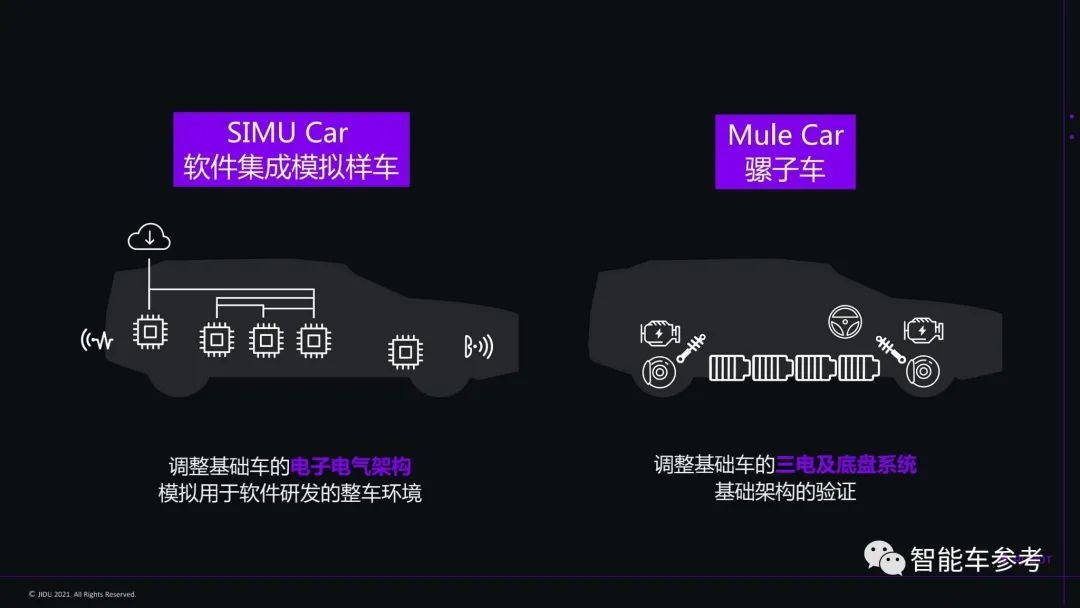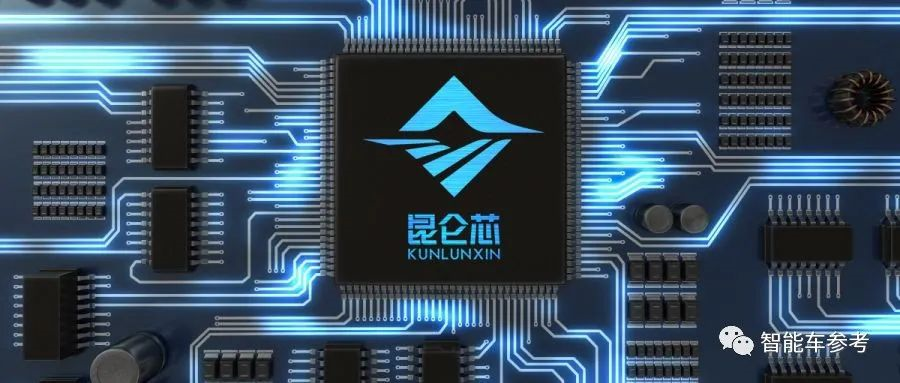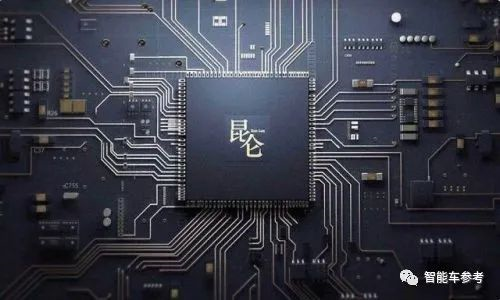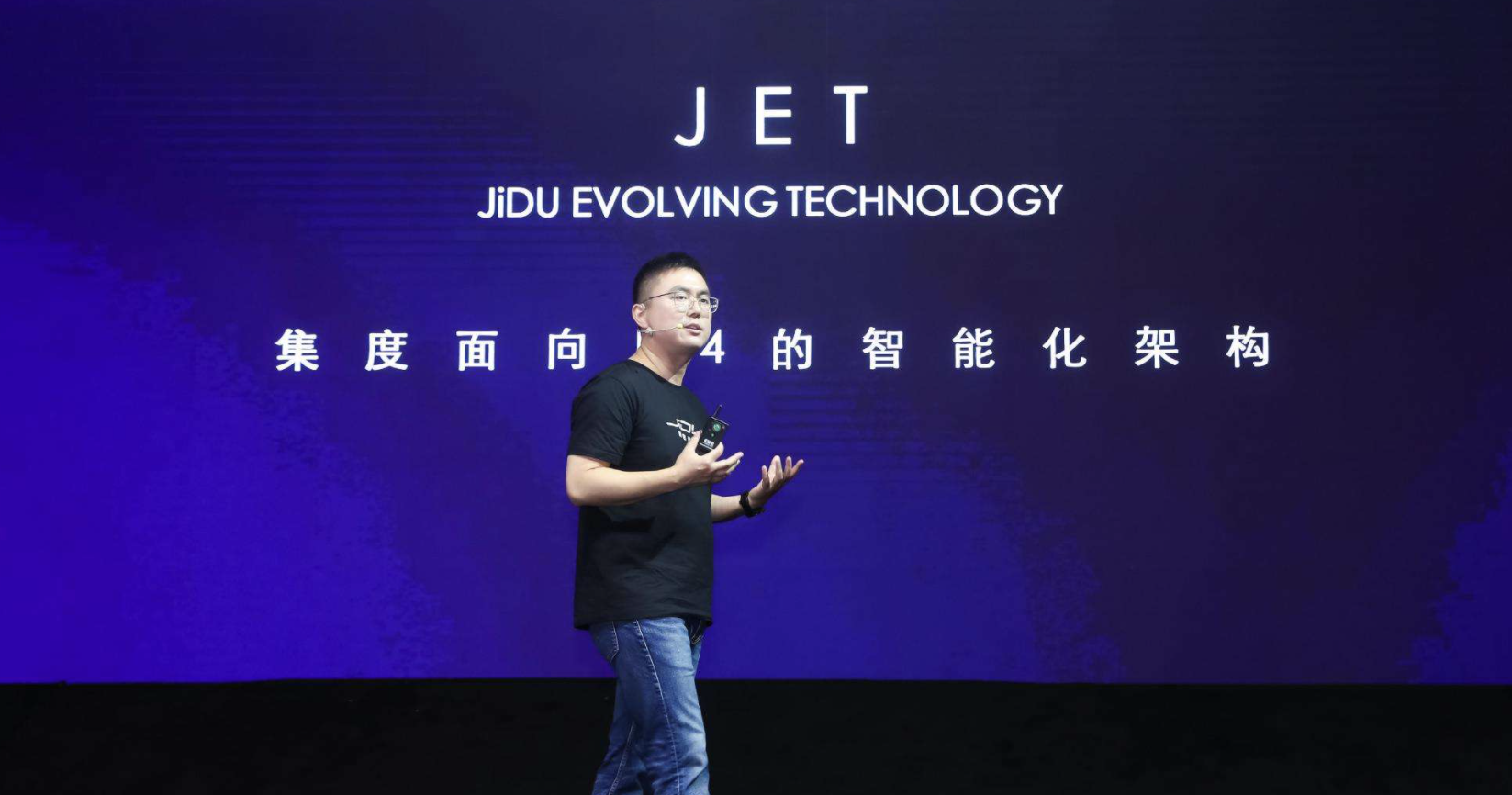Jia Haonan, posted from Assistant Temple
AI4Auto WeChat Account | Reference for Intelligent Vehicles
It’s been a long time since we’ve heard any progress from Baidu.
Since the end of last year, Baidu’s competitors have been continuously releasing new products, such as XPeng NGP and Hozon NOH, and their progress in putting the cars on the market has been faster than Baidu’s Apollo.
In the second wave of new energy vehicles, Xiaomi, Xiaoniu, and Skyworth have all made their debuts, but other than the concept of the car robot, Baidu’s own car brand has almost no information.
So, is Baidu’s slow progress in autonomous driving and smart cars due to their own shortcomings or are their competitors simply moving faster?
What did Baidu do in 2021? How far did their progress reach?
What are Baidu’s plans for intelligent vehicles and autonomous driving in 2022?
Baidu’s progress in selling autonomous driving vehicles exceeds that of Huawei
Li Yanhong has previously indicated three commercialized paths for Baidu’s autonomous driving business: selling autonomous driving solutions, Robotaxi, and car manufacturing.
Let’s take a look at each one in turn.
Baidu Intelligent Driving Business Unit is a dedicated department under the Intelligent Driving Business Group that is responsible for the entire vehicle product solutions, working closely with the Apollo technical team and vehicle manufacturers collaborating on autonomous driving technology with Baidu.
Their products include the intelligent navigation-assisted driving system, ANP, and the self-parking system, AVP, which we are already familiar with.
Wei Pengfei, the head of the Intelligent Driving Business Unit, provided us with detailed information on the business’s progress.
Baidu has adopted a more flexible approach in collaboration with vehicle manufacturers.
According to the requirements of different manufacturers, Baidu can provide a full-stack autonomous driving solution that integrates software and hardware, or just offer software or certain functional modules to match the structure developed by manufacturers themselves.
In 2021, the product delivered was AVP, which corresponds to Baidu’s self-developed “Wuren” ACU domain controller.
Customers who have already received deliveries include WM Motor W6, GAC Aion (2022 new car models), and all products under Great Wall Motors.
This year, AVP will be upgraded to ANP2.0, which integrates highway navigation-assisted driving capabilities with self-parking and memory parking.
Already confirmed customers include WM Motor, BYD, and Voyah, and Baidu revealed that ANP2.0 is primarily aimed at mid-range vehicles costing between RMB 100,000 to 200,000.
However, there are different options for the ANP2.0 domain controller from different manufacturers. As mentioned earlier, WmAuto, BYD, Voyah, Guangzhou Automobile, etc. have all bought turnkey solutions directly.
In contrast, Great Wall Motors only bought a part of the ANP software, and Baidu needs to adapt it to different models.
ANP3.0 will be launched in 2023, and this is actually the complete intelligent driving solution for Baidu passenger cars. It can achieve "point-to-point" intelligent driving throughout the area, including parking, high-speed navigation assistance, and autonomous passage on city roads.
The official claims that the overall level of ANP3.0 will exceed Tesla Autopilot, benchmarking FSD, and the computing platform will be equipped with two NVIDIA Orin chips, with a computing power of 50T, supporting 11 8 million pixel cameras, 5 millimeter wave radars, and 12 ultrasonic radars. ANP3.0 also supports LIDAR fusion.
Baidu believes that it is suitable for models above 200,000 for positioning.
In addition, in terms of the intelligent cockpit, Baidu Car Assistant has been installed in more than 20 brands of vehicles, such as Lynk & Co, Ford, etc.
In other words, when the car owner says "Hello Lynk & Co" or "Hello Ford" in the car, the core technology behind it is actually Baidu's.
In addition to this, there are also aftermarket intelligent rearview mirrors, vehicle-mounted products, and the cumulative installation amount has exceeded 20 million.
Combined with the information disclosed by Baidu's official and public information, Baidu and its signed customers and actual sales volumes in the intelligent automobile program (cockpit, intelligent driving program) far exceed Huawei.
Regarding Robotaxi, in November last year, legal fee-based operations were realized in Beijing's Yizhuang pilot zone. At present, the fifth-generation Robotaxi for operation and testing in Yizhuang Economic and Technological Development Zone has exceeded 300. Baidu Robotaxi has been launched in 8 cities nationwide.
The overall size of the national fleet has not been disclosed, but according to the situation in Beijing, the previous "3 years and 3,000 vehicles" plan was not groundless.
Regarding Jidu's progress: the first car will be exhibited at the Beijing Auto Show in April, and it is not a concept car, but in a state of infinite proximity to mass production. Jidu defines its product as an "auto robot" that can move freely, communicate naturally, and self-grow, corresponding to automatic driving, intelligent cockpit, and OTA capabilities. However, details are being kept secret.
The interior and exterior will also be fully disclosed.
On the autonomous driving capability, Jidu relies on Baidu Apollo and has already delivered the first car with point-to-point intelligent driving capability.

Jidu officially claims to have reached L4 level, but specific situations still depend on regulations.
Jidu also emphasizes that the intelligent driving is fully functional at the time of delivery, and there is no need to wait for OTA after payment.
In terms of experience, Jidu claims to have made revolutionary progress that surpasses all competitors.
In addition, the first car will be equipped with Qualcomm’s most powerful cockpit chip 8295, which allows Jidu’s cockpit to have an “unprecedented” large size LCD screen.

Well, that’s all the progress that Jidu has officially revealed, and all the suspense is left for the Beijing Auto Show in April.
I know you are not satisfied, so Smart Car Reference has also investigated some firsthand information for you.
First, let’s take a look at Jidu’s logo:

Which symbolizes a pixel, the smallest unit that AI and robots perceive the real world with.
Secondly, Jidu’s first car model has been finalized, and the internal testing of subsequent vehicle models has begun.
Finally, Jidu also released a message that the first car model will be manufactured by Geely, while the subsequent vehicle models may not, and the possibility of building their own factories cannot be ruled out.
Kunlun Chip Update: More than 20,000 Installed and Autonomous Driving Chips to be Launched in the Future
It is not a secret that Baidu is producing chips.
But this statement is not entirely accurate. In fact, Baidu is still designing chips, and the production and outsourcing are handed over to TSMC, with its role and positioning being similar to Huawei’s Hisilicon.
In June last year, Baidu’s AI chip business became an independent legal entity under the control of Baidu Group.

But in fact, Baidu has been involved in chip manufacturing since 2011. Initially, it was FPGA, and in 2018, it turned to universal AI chips, which is what we know as Kunlun.
The latest Kunlun 2 chip has been mass-produced since August last year, using 7nm technology. As of now, the installed quantity has exceeded 20,000.
Kunlun 2 is a universal AI chip deployed on the server-side, capable of handling all types of computing tasks.
For example, the Baidu search and Xiaodu voice assistant you use are both supported by the Kunlun chip.Similarly, Baidu Kunlun chip supports intelligent automobile industry in terms of cloud computing power, including in-car voice assistants, high-precision maps, intelligent transportation, etc.

Regarding autonomous driving, Kunlun chip’s official reveal stated that there would definitely be a special chip that integrates image processing, intelligent cabins, and other functions.
The above is all the latest progress related to Baidu and intelligent automobiles in early 2022.
— End —
This article is a translation by ChatGPT of a Chinese report from 42HOW. If you have any questions about it, please email bd@42how.com.
